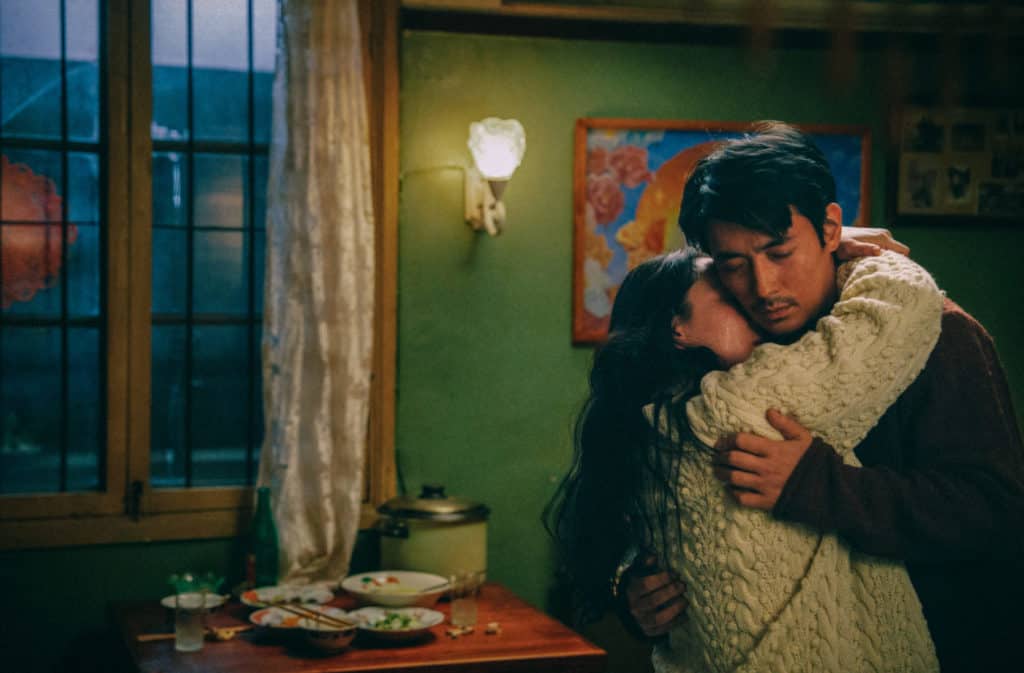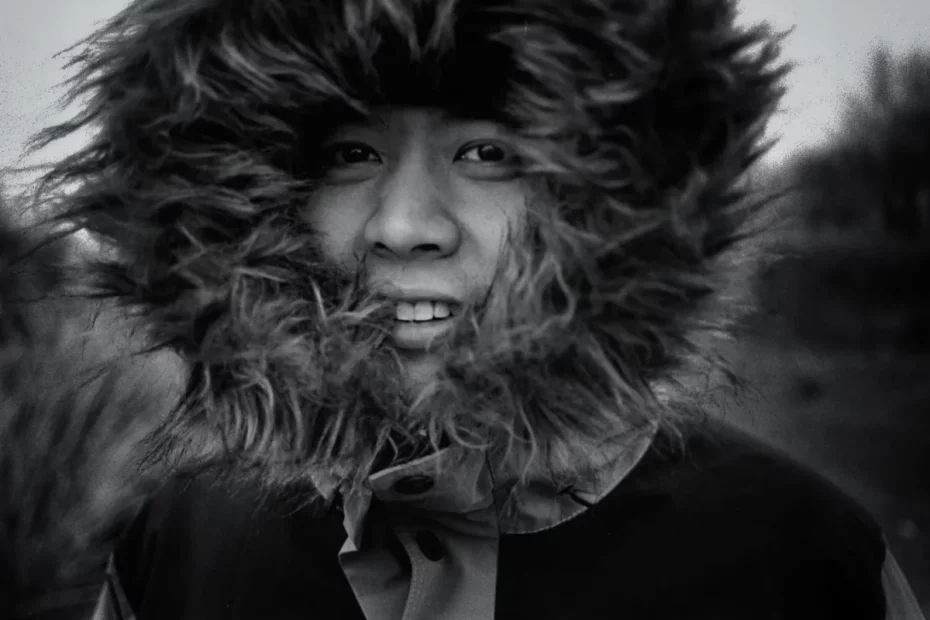Only the River Flows (reviewed here) was one of my favourite films at this year’s Cannes Festival, where the film was screened in the Un Certain Regard section. I was lucky enough to conduct an interview with Shujun Wei, the director of the film. The film is based on Yu Hua’s short novel Mistakes By The River, and my first questions revolved around the source material.
I wonder if you can tell me how this novel came to you and what made you interested in the topic in the first place.
It came from my producer. He recommended the novel to me. I read it and found it very interesting and thought that I would like to make a film out of it.
And he’s considered an avant-garde writer. How much of his style did you retain in the film?
The author Yu Hua is very famous and, as you said, considered an avant-garde writer. Regarding the relationship between the two works, I see the novel as a good apple, and I see it as my job to use the pits to plant another, even more beautiful apple. (smiles)
But are there many differences between the short novel and the film when it comes to both the plot and the style as well?
Actually, yes, of course. The language of the short story and the “language” of the film are not the same, but basically, it is like the metaphor of the apple; the interior is similar, but the exterior is quite different.
If I understand correctly, the film is set in the mid-90s, around 1995.
Yes.
How much does it reflect on Chinese society at the time?
I was trying to recreate the era as well as I could. For me, the setting, the editing of the police, the way they live, the environment they live in. It’s very important. Like, for instance, the uniform of the policeman, all the scenery, the buildings, etc. For me, it has to be a picture of that epoch but without an artificial vintage feeling.
Is the novel set in 1995, as well?
Actually, in the novel, the author didn’t specify the year.
But it’s obviously an analogue era. There are no mobile phones, fancy labs and so on because many things in the film wouldn’t work if it was set today.
Exactly, exactly. So much has changed since then.

I was struck by the cinematography, so I wonder how you approached that part. It was shot on 16 mm.
It was necessary to use 16 mm to capture the quality and the reality of that era. However, I used digital for the dream sequence since I wanted the dream to be clearer than reality.
That makes me wonder about the cinematic references. I mean, for us cinephiles, we always think about other films, earlier films. Do you have any specific references from film noir or anything that influenced you specifically for this film? Either in the look or in the plot.
Not so much cinematic references, but after reading the novel, some Wagner music came to my mind.
Tristan and Isolde, maybe? That came to my mind while watching the film.
Yes, yes. That music inspired me. I thought the film would be like that. Calm, elegant and soft.
It wasn’t only the lensing that was impressive, but the sound design was equally striking. How did you approach that aspect of the film?
I majored in recording at university, so I’m a sound designer. The sound is very important. For example, which sounds can be amplified? Which sounds can appear out of thin air? The sound has to be “visible.” So, what are the possible sounds in this field? Visibility is a foundation. Second, how do we express a sense of drama? I don’t know if you remember during the beginning, we can hear the sound, the bump-bump-bump. That’s actually the sound of the baby’s heart during the cardiotocography. Also, when they play ping-pong, the sound is enhanced.
The ping-pong game almost felt like a fantasy.
Yes, I think the difficult thing we do in this business is to balance reality and drama, the unreal.
The last two questions contain spoilers. DO NOT PROCEED if you don’t want to know more about the film’s ending.
Talking about the baby, he comes back in the end, obviously. It’s not obvious how to interpret that scene. He looks straight into the camera. The scene itself is nice and serene; it’s very comforting, but there is a certain threat of something deeper, something unknown. Maybe we will find out in Only the River Flows 2.
Yes, Bingo! You got it. (laughing). No, No, but… I really like the ending. The baby’s gaze creates a challenge for the audience. Ma Zhe is happy, and the baby is healthy, but maybe the nightmare isn’t over. The river will still be flowing.
OK, so one last question. I promised a friend to ask. Did Ma Zhe kill the madman, or is it just a fantasy? For me, it was obviously a fantasy, but on the other hand, it doesn’t matter if it’s open to interpretation.
The madman was not killed. He was beaten, but he didn’t die. Because I think if one can regard the river as a God, like an invisible thing, then the madman is like an emissary of the river. That differs from the novel, where he is clearly killed.


Your interview is good! Kudos to you~~😃(I really hope to do interviews with my favorite actor someday…)